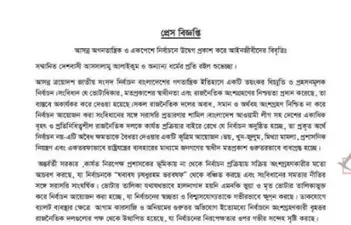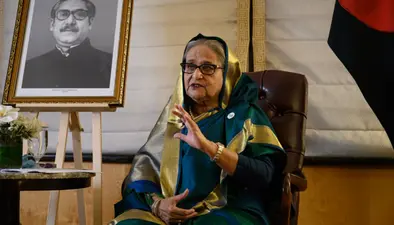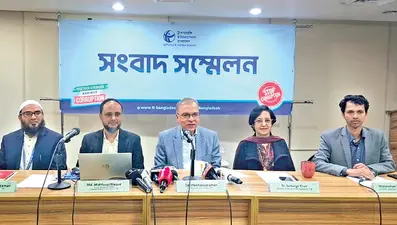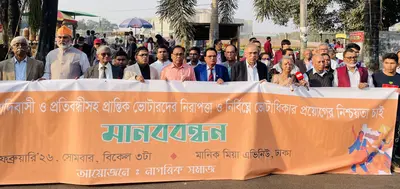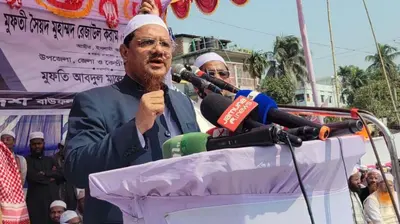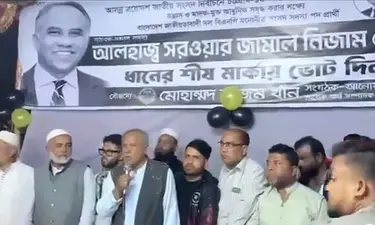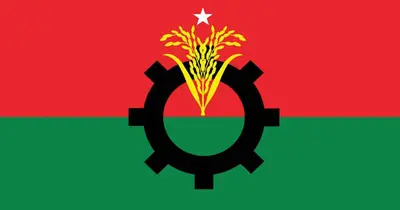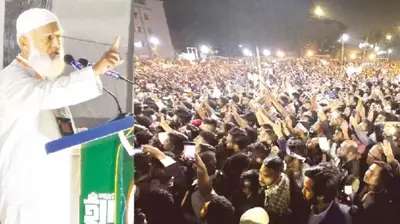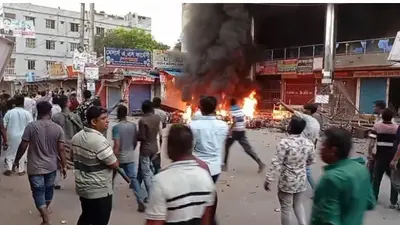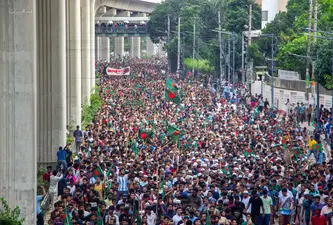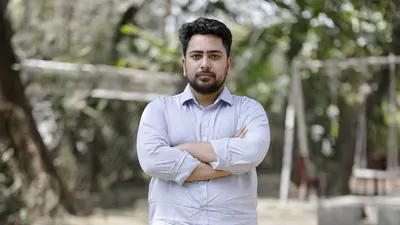EU Calls for Free, Fair Elections in Bangladesh by 2026
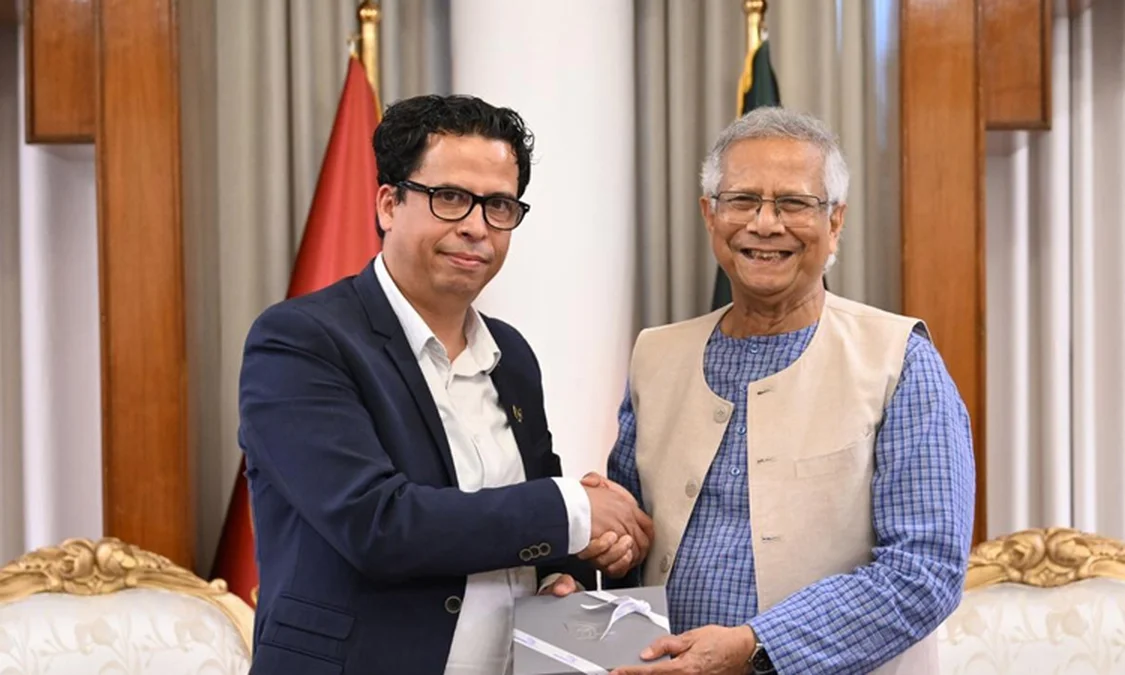
European Parliament Human Rights Subcommittee Chair Mounir Satouri has emphasized the importance of holding free, fair, and inclusive elections in Bangladesh in February 2026, stating that broad acceptance of the election results will be vital for maintaining political stability and democratic consolidation.
“The outcome of such elections must be accepted by all stakeholders. This is essential to ensure post-election stability in Bangladesh,” Satouri said in an exclusive interview with BSS during his official visit to Dhaka.
He stressed that key pillars of democracy—including the separation of powers, judicial independence, civic space, and press freedom—are fundamental to ensuring sustainable democratic governance and long-term national stability.
Satouri noted that the 2026 general elections will mark a decisive moment in Bangladesh's democratic transition. “Political stability is crucial for economic development and improving the lives of citizens,” he said, adding that the European Parliament hopes to engage constructively with the next elected government, regardless of the outcome.
Satouri is leading a delegation from the European Parliament as part of a routine EU fact-finding mission ahead of major political developments in partner countries.
Explaining the timing of the visit, Satouri said Bangladesh is at a critical point in its democratic journey, and the EU is currently negotiating a new Partnership and Cooperation Agreement (PCA) to deepen bilateral relations.
“Whenever the EU seeks to strengthen ties with a third country, we also examine the human rights situation, rule of law, and fundamental freedoms, as these are integral to any EU agreement,” he stated.
Commenting on the political transition since the July 2024 uprising, Satouri acknowledged that the interim government has implemented “a number of impactful reforms,” while cautioning that the process is still ongoing.
“If these reforms gain broad political consensus and are carried forward by the elected parliament, it will create favorable conditions for a successful transition,” he added.
During the visit, the EU delegation held meetings with civil society representatives, trade unions, business leaders, political parties, and government officials. They are also scheduled to meet with interim government authorities to discuss ongoing constitutional reforms.
Satouri noted that the PCA being negotiated aims to strike a balance between economic prosperity and human rights protections. “This agreement will extend beyond the interim period and bind both sides for years to come. It’s critical that it reflects the concerns and aspirations of the Bangladeshi people,” he said.
The delegation also visited Rohingya refugee camps in Cox’s Bazar, where Satouri praised Bangladesh’s "extraordinary efforts" in hosting over one million Rohingyas for the past eight years. He called for increased international support and burden-sharing.
“The EU remains committed to sustaining its funding for the Rohingya crisis, but Bangladesh should not have to shoulder this burden alone,” he said, urging a global political solution in Myanmar to enable safe, voluntary repatriation.
Satouri expressed hope that the upcoming high-level conference in New York on September 30 would help galvanize international consensus towards resolving the crisis.
During their stay in Dhaka, the EU delegation met with Foreign Affairs Adviser Md Touhid Hossain on Thursday, following a courtesy call on Chief Adviser Professor Muhammad Yunus on Wednesday.

